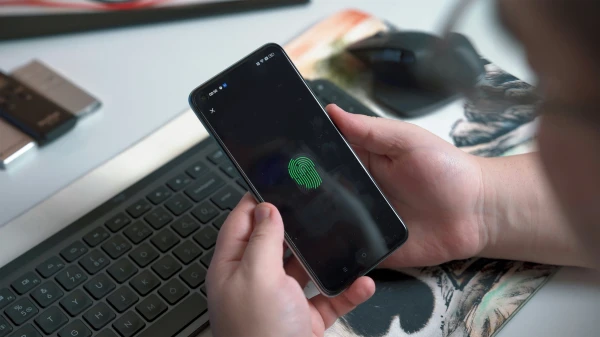
In November of next year, new lending rules are set to come into effect across the European Union (EU), including Latvia. These rules may complicate or increase the cost of purchasing mobile phones in installments. Phone sellers are concerned about this. We explain what to expect and whether some people will be left without new phones because of this, writes Otkrito.lv.
The installment purchase option currently offered to mobile phone buyers may be recognized as a form of lending. This means a greater bureaucratic burden and the "reclassification" of mobile phone sellers as lenders. It may also eliminate the condition that a phone purchased in installments from a telecom operator must be connected to a specific operator for a certain period (for example, until fully paid off). As a result, selling phones to operators may become less profitable.
What is beneficial for people
Mobile operators are concerned that in a year, the process of selling smartphones may become even more bureaucratic, which could increase the cost of these services.
Acting Commercial Director of Tele2 Raimonds Janševskis told Kas Jauns Avīze that soon people may not be able to buy mobile phones in installments, which is very important for many: "Figures show that for most customers, the ability to split the payment for a phone into several parts is important. This applies not only to the premium segment — in the budget segment, up to 70% of phones are purchased in installments. This is not surprising given the economic situation in the country."
These data show that it is important not to impose restrictions on purchasing phones in installments. Discussions on this matter are currently taking place in government institutions.
"Restrictions that imply a detailed assessment of the buyer's creditworthiness would certainly not contribute to the spread of digital services in regions and among less affluent people, as the transition from feature phones to smartphones would become even slower," emphasizes Raimonds Janševskis.
The current system of selling phones allows consumers to obtain a modern device without a large one-time payment, and for operators and installment providers, this is an important sales segment.
Head of Device Commerce at Bite Latvija, Roberts Birnbaums, notes: "Interest-free installments have become an important part of the digital everyday life of residents in Latvia, and restrictions in this area will create a risk that some people will find it harder to access new technologies."
Users and sellers behave responsibly
The issue is currently being considered by the Ministry of Economics and is related to the implementation of the EU directive. "We are already assessing the creditworthiness of customers to make a decision on selling a phone in installments, and the data shows that we are doing this very effectively. Therefore, we believe that we should stick to the current system. Moreover, additional bureaucracy will increase costs, which may affect both the final price of phones and the availability of installments," explains Raimonds Janševskis.
It is important to note that mobile phone users generally fulfill their obligations very responsibly — only about 3% of the total amounts owed by customers for devices remain overdue. This confirms that mobile communication has become one of the basic needs, and customers carefully plan payments for both communication services and devices, reports Tele2.
Changes in lending across the EU
In October 2023, the EU directive 2023/2225 on consumer credit agreements was adopted, replacing the previous directive. Its aim is to improve consumer protection in light of digitalization and the development of new forms of lending.
Member states must implement the directive into their laws by November 20 of next year. In Latvia, this will be done through amendments to the Consumer Rights Protection Law. The directive concerns credit agreements through which consumers obtain goods or services with deferred or split payments.
What does this mean?
If the purchase of a mobile phone in installments is classified as a consumer credit agreement, the following requirements may arise:
mandatory creditworthiness assessment; broader consumer information requirements; clear and detailed contract terms. If national laws classify installments as lending, sellers and operators will have to comply with additional requirements: increased administrative burden; higher costs; potential reduction in the availability of installments.
If the requirements become stricter (mandatory creditworthiness checks, guarantees, large down payments), there may arise a situation where some consumers, especially those with low incomes, find it more difficult to buy a phone in installments; demand may decrease; technological renewal may slow down, especially in regions; interest-free offers may become less frequent or more expensive.
Discussions on the process
LMT Communications Representative Elina Vaivode explains: "The process involves the Ministry of Economics, the Consumer Rights Protection Center, and industry representatives. Currently, the regulation is being clarified and agreed upon."
She emphasizes that the possibility of installments is not under threat — such a scenario is not planned and is not being discussed. Phones will continue to be available for purchase in installments. The focus of the discussion is on the process itself: how exactly the service will be provided and what additional steps will need to be taken when assessing the customer's creditworthiness. Specific requirements may change, but the possibility of purchasing a device in installments will remain.
The Ministry of Economics explained that the goal of the new bill is to improve consumer protection and adapt regulation to modern trends. Deferred payments and the "buy now, pay later" format are often associated with increased risks, so they plan to apply creditworthiness assessments, information requirements, and a standard European information form to them.














Leave a comment